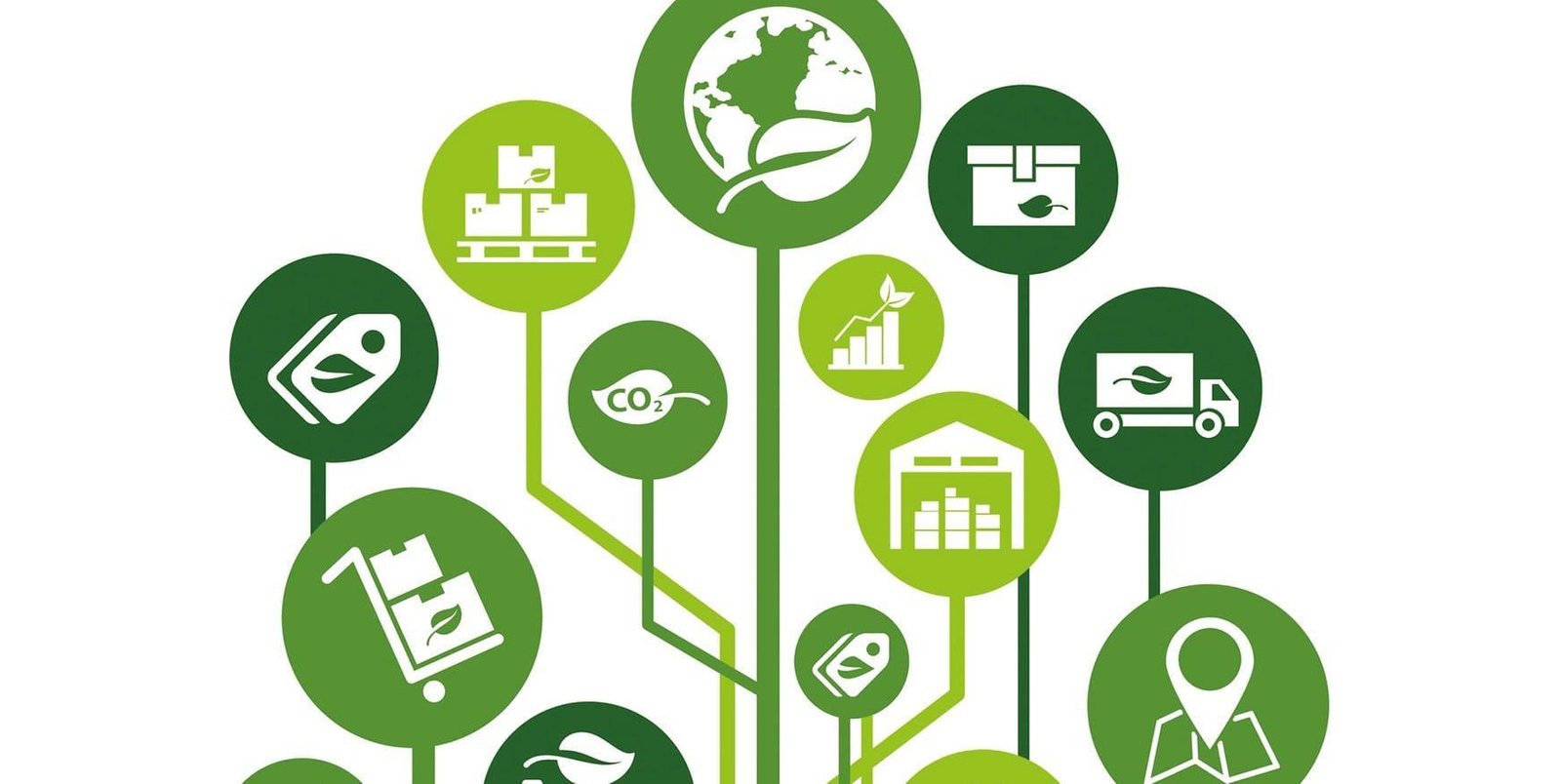Digital solutions to the climate challenge

Digital Solutions For Sustainability Initiatives
Karalee Close of BCG describes how a more aligned supply chain can help us meet the sustainability challenge head-on
With COP26 now over, taking concrete action on sustainability and climate change has never been more pressing than it is now. Businesses of all sizes are committed to improving environmental sustainability and making carbon net-zero pledges. The challenge now, is translating from commitment to action. Making material progress requires addressing more than just greenhouse gas emissions. Emissions output from suppliers also needs to be re-evaluated to make a lasting change.
Companies need to gather, track, report, and importantly act on emissions data, which often extends beyond today’s IT capabilities. Current approaches tend to be fragmented and are often tracked on spreadsheets. Digital platforms are needed to design and execute sustainability programs, and solutions are becoming available. Leveraging data and software used for supply chain management needs to extend to data and insights for management decision-making and the innovation of new products and services.
Digital solutions have the potential to unlock value at all checkpoints across the supply chain when platforms are integrated and when processes and human behavioural change are addressed in parallel.
Meeting the challenge
To achieve net-zero emissions, companies must address the CO2 footprints of their entire value chain and establish a comprehensive game plan for reducing emissions. There are three types of emissions outputs for leaders to consider when developing a plan of action.
Firstly, there are those generated by sources directly within a company’s control; then, there’s emissions created indirectly through the purchase of electricity, steam, heating, and cooling. The final type, and most difficult to document and resolve, are emissions generated indirectly through the business’s value chain. Without a doubt reducing all three types of emissions will be challenging for businesses with established supply chains, as there are many different considerations.
BCG, with the World Economic Forum, has highlighted initiatives in five different areas that companies should focus on to decarbonise their supply chains: transparency, optimising operations to reduce emissions, engaging suppliers, leveraging ecosystems of partners, and enabling their organisations with low-carbon governance programmes.
And this is made much easier with sufficient talent and the technological capabilities to execute such a substantial shift. Most businesses have already started their digital transformation journey, and sustainability transformation must be part of this. Otherwise, neither the digital nor sustainability transformation will realise its full potential.
Where digital solutions can help
For addressing Sustainability Initiatives, most digital solutions available can only be applied to elements of the transformation. Those areas where a solution cannot be applied are currently under development and could be rolled out in the next two to five years. Therefore, businesses need to design their technology roadmap and consider several key areas to accelerate the journey to net-zero value chains.
Capturing and reporting emissions data is the obvious – albeit challenging – it is a first step that can be accomplished by building and refining data platforms. Business leaders should gather data from emissions inside their own company’s control through data capture and data migration tools. Then non-financial data reporting platforms and business intelligence capabilities can reduce effort by allowing organisation-wide access and visibility. Going forward, technologies such as the internet of things and blockchain can help take a step forward in enabling real-time, automated, and accurate carbon reporting that fully integrates into financial systems.
Data sharing is another area that provides a major challenge for businesses when measuring the emission created within an organisation’s value chain. The immediate focus should be on finding an agreement with suppliers on emission-measurement methodologies. Then existing data should be made accessible through electronic data interchange (EDI) systems that also capture financial and operational data. And from there, the focus should be on facilitating data sharing and reducing the cost of validating supplier data to pivot from on-site audit to AI and blockchain-enabled verification. Over time, businesses can move from ad-hoc, spreadsheet-based data sharing to accurate, trustworthy data on open platforms in the public domain.
Supply chain efficiency organisations already use a wide range of digital technologies, and as CO2 emissions become a decision metric, existing supply-chain planning systems will include such data. Real-time CO2 data will become more widely available. The use of AI coupled with IoT devices will help automate decision-making across a company’s operations as well as across industry value chains.
Some companies, such as airlines, are already enhancing their offerings by providing emissions data to meet the needs of carbon-conscious customers. Over the next two to five years, innovation processes using new technologies, such as digital twins, will reduce the effort needed in product life-cycle management and R&D. And looking further into the future, companies and whole industries will leverage digital technologies to accelerate their transition to new business models and introduce sustainability-centric designs and lines of business.
Achieving net-zero carbon goals will require effort and change. But this is an essential transition. Integrating digital and sustainability transformation priorities and taking a systemic approach to emissions reduction in the supply chain through technology and people changes can accelerate the journey and substantially enhance the prospects for material reductions in greenhouse-gas emissions.
About the author

Karalee Close is Managing Director & Senior Partner, and Global Leader of the Technology Advantage Practice, at global management consulting firm BCG. www.bcg.com

